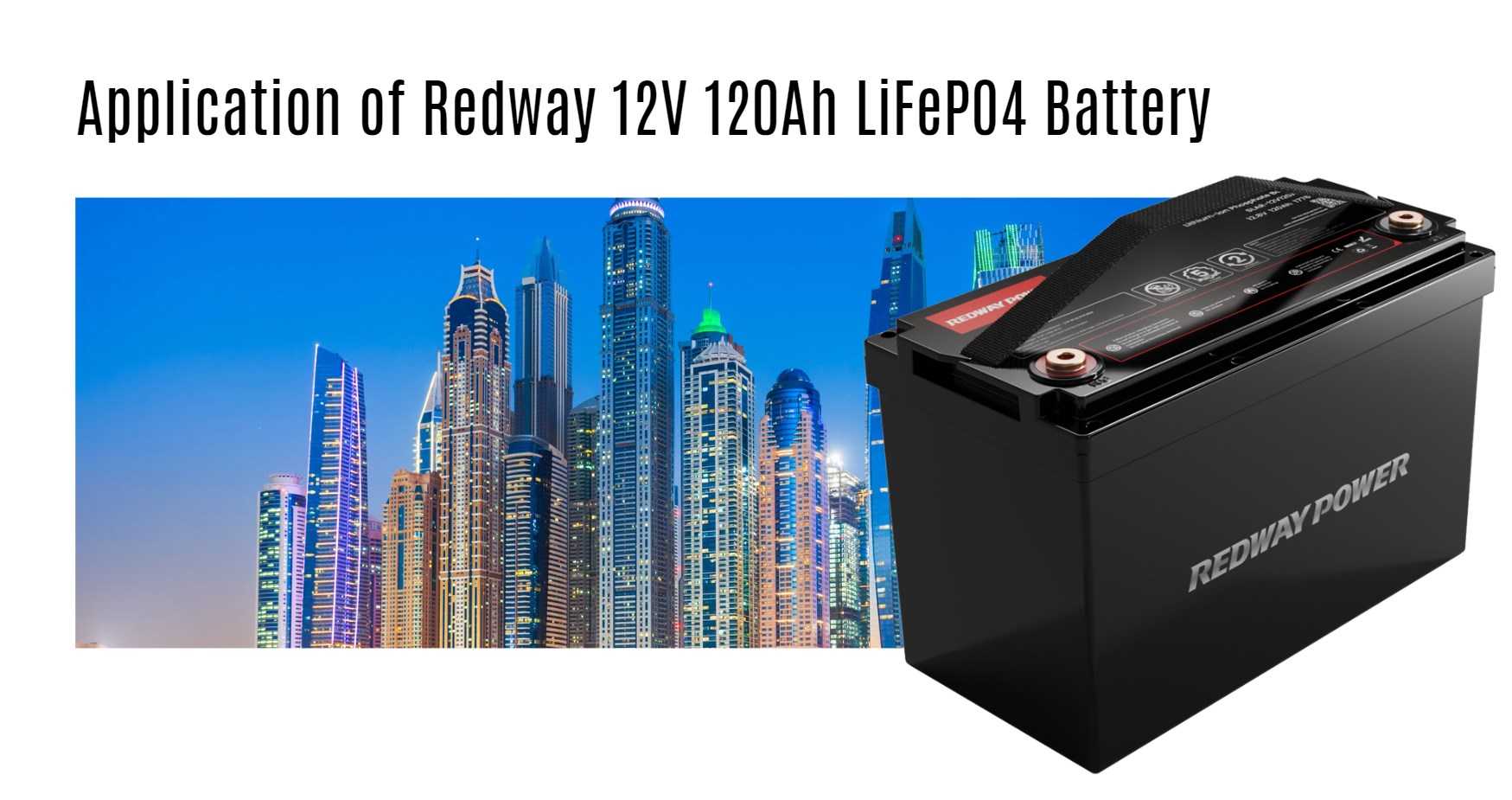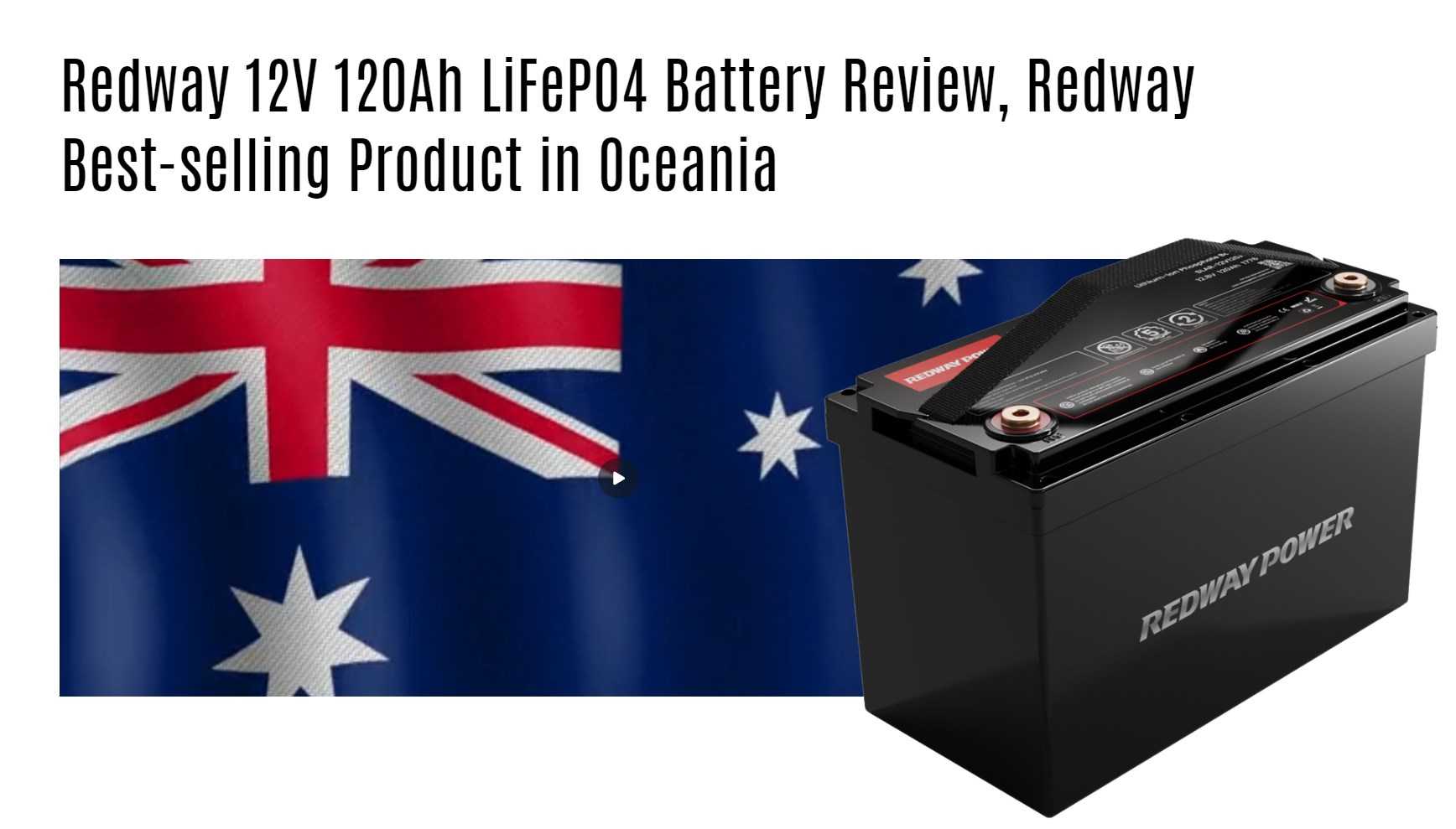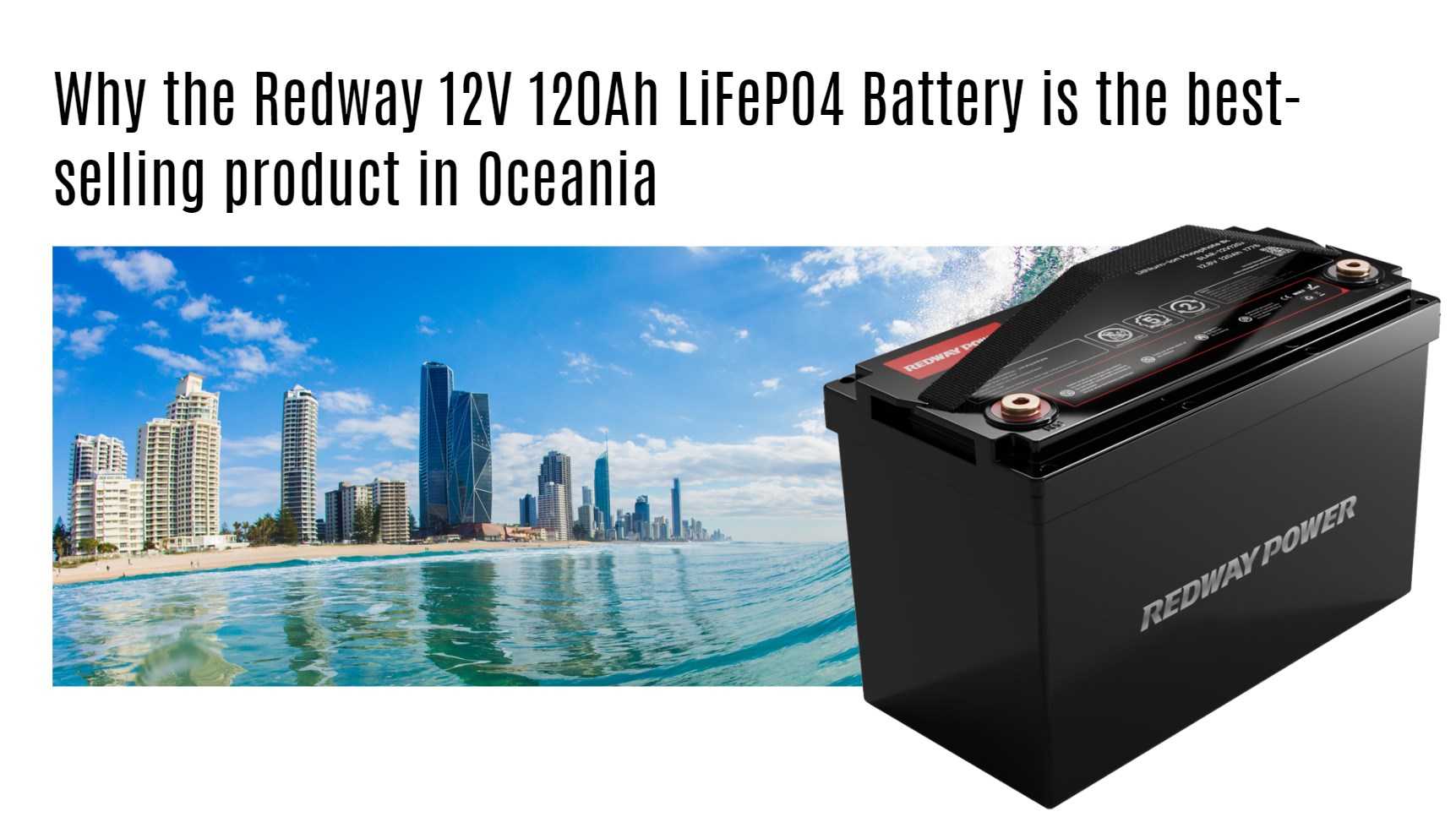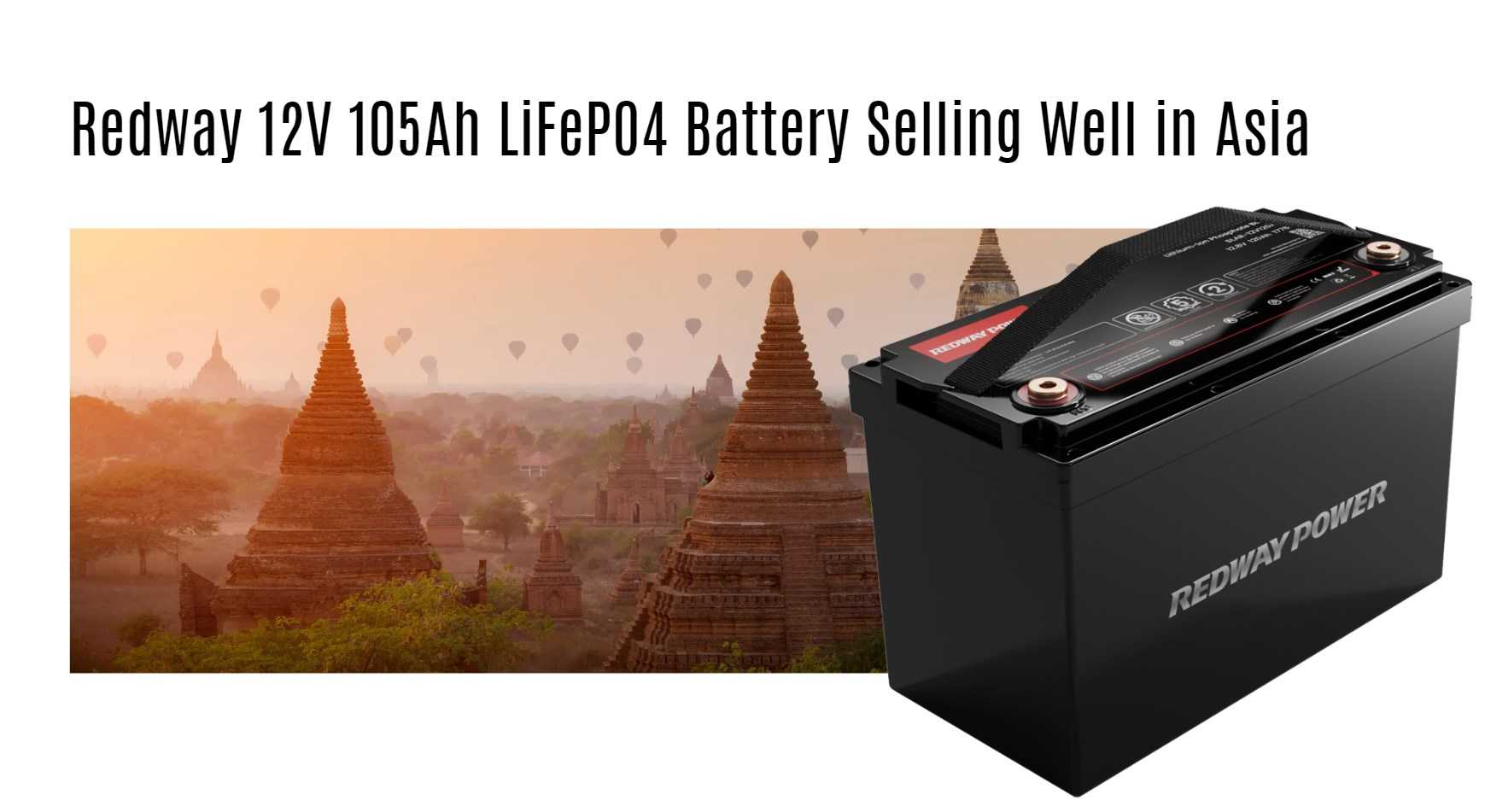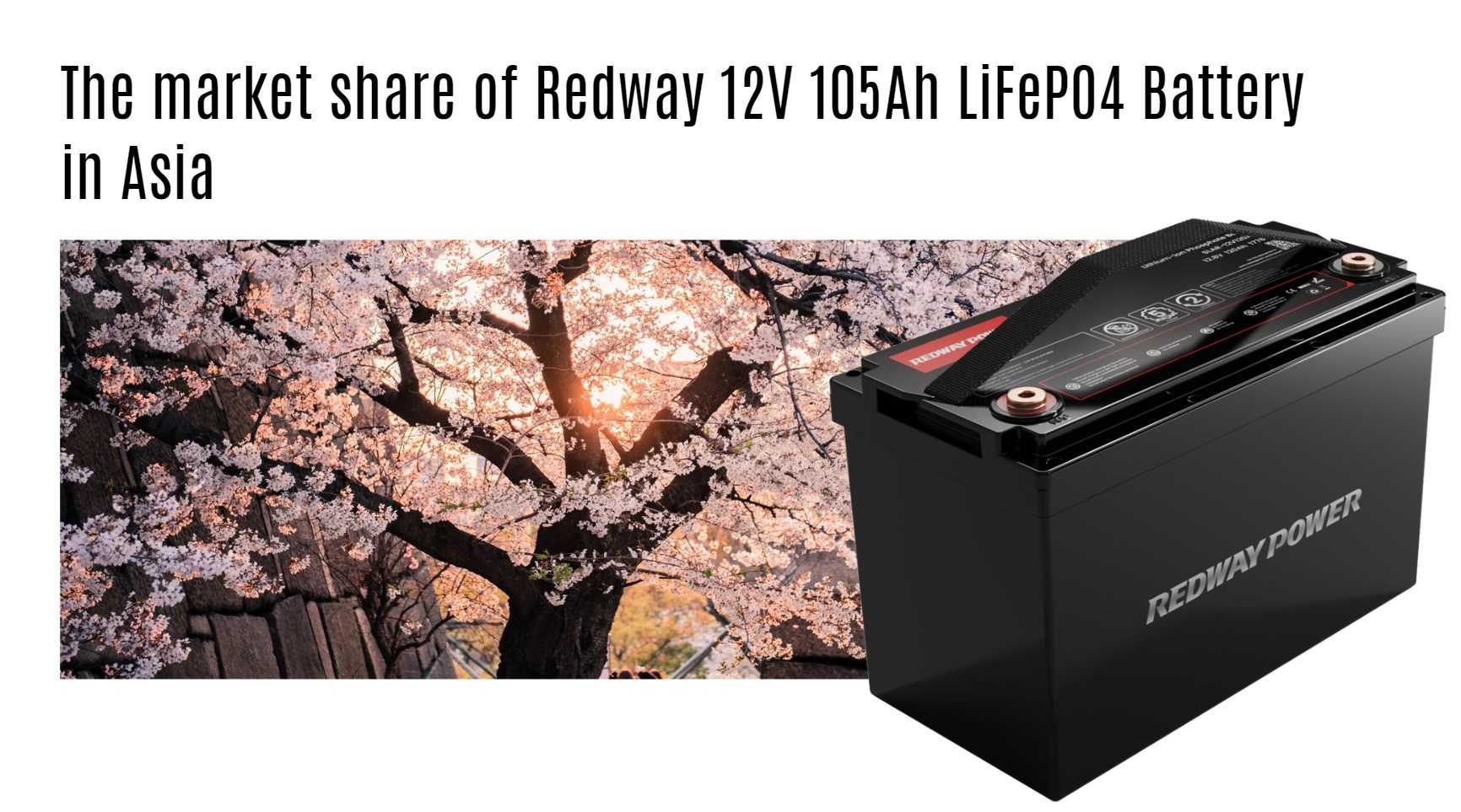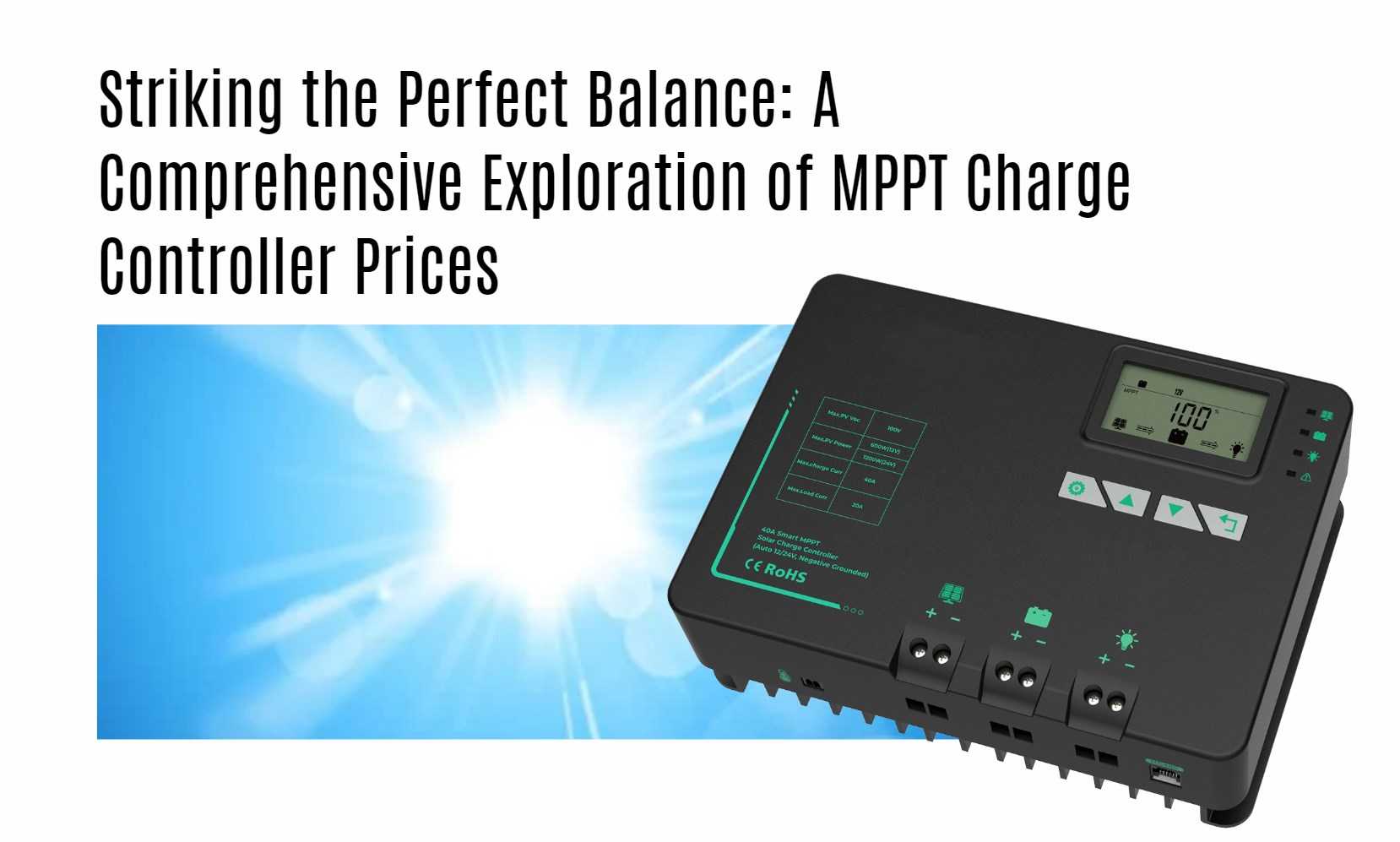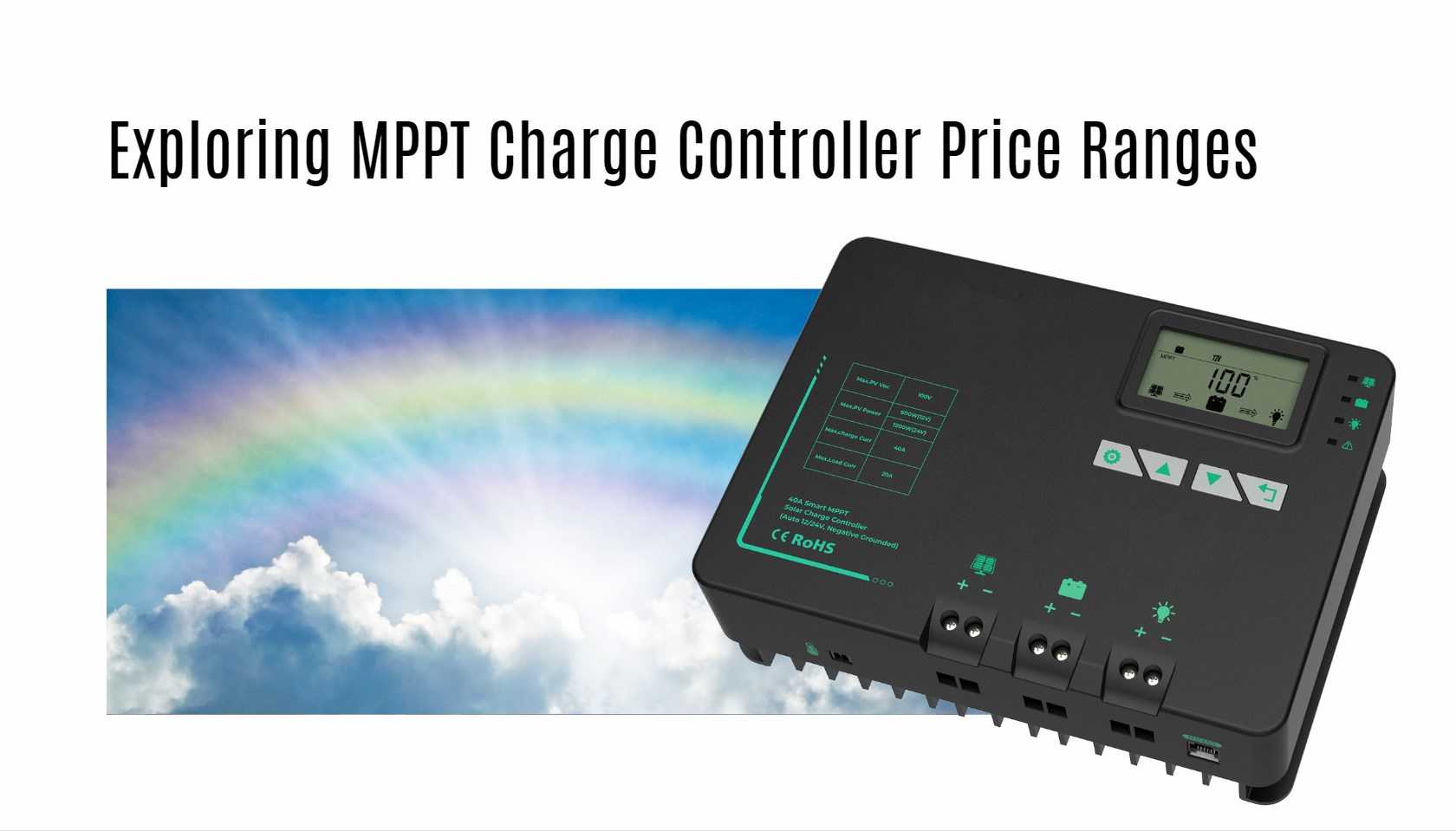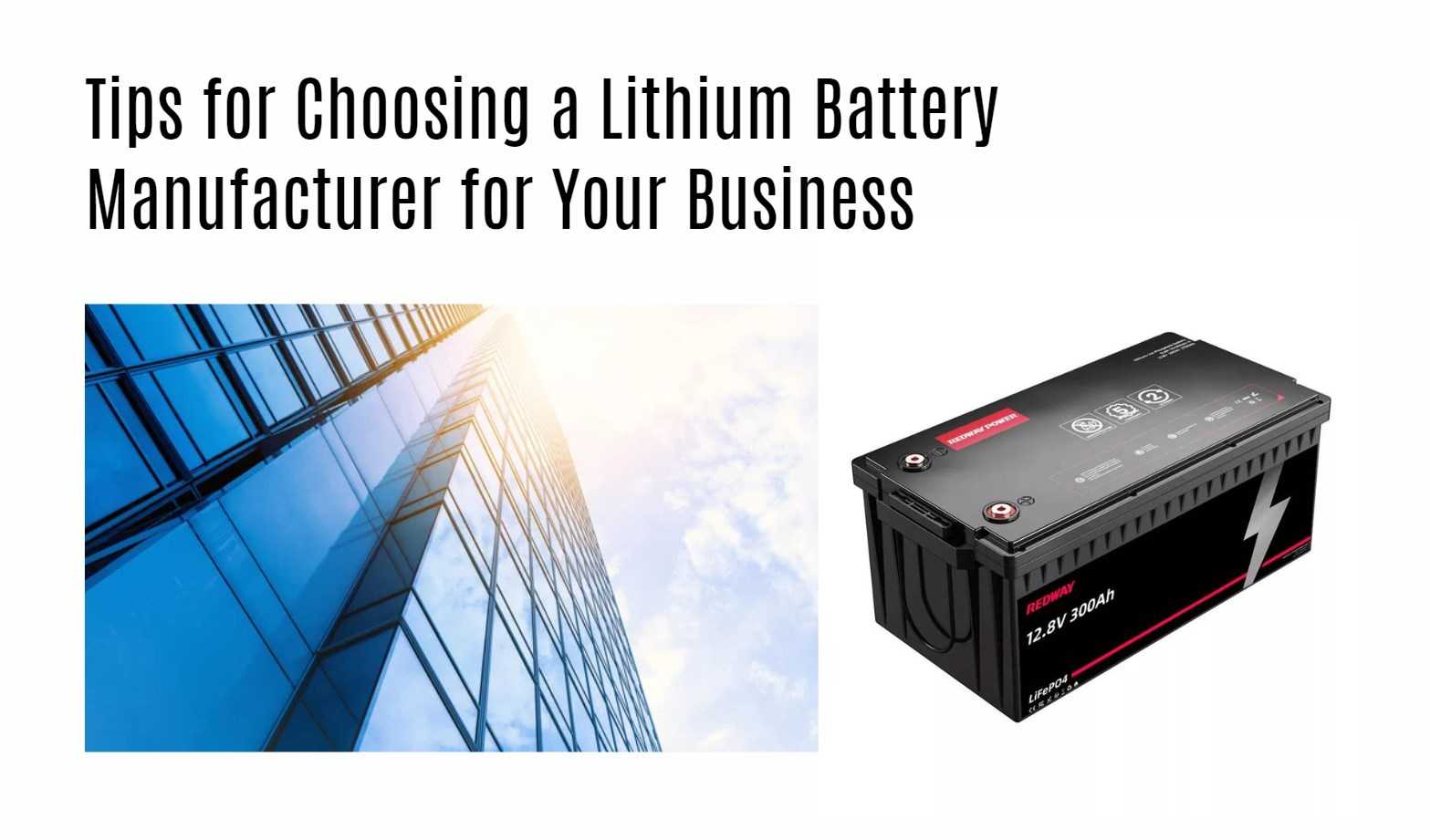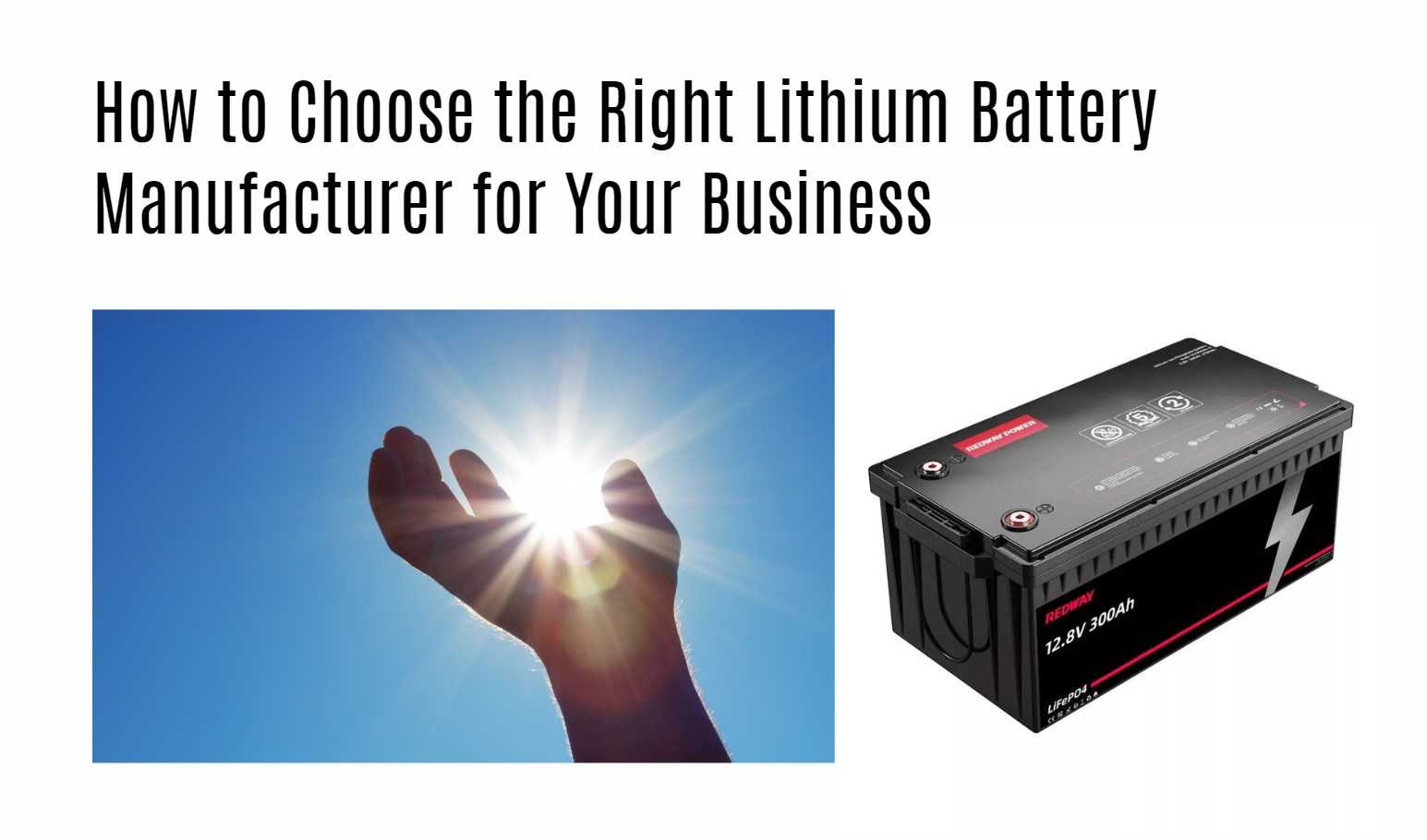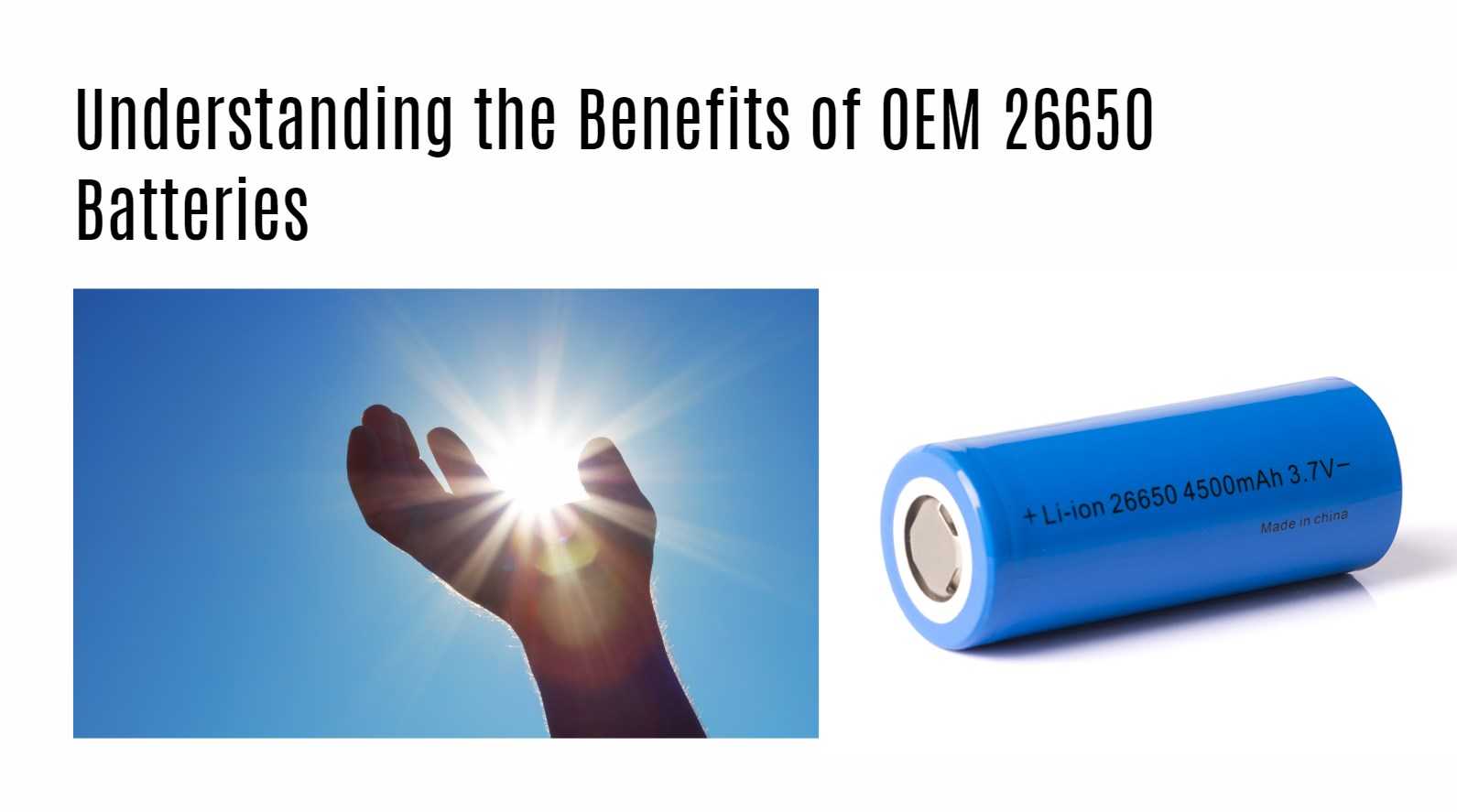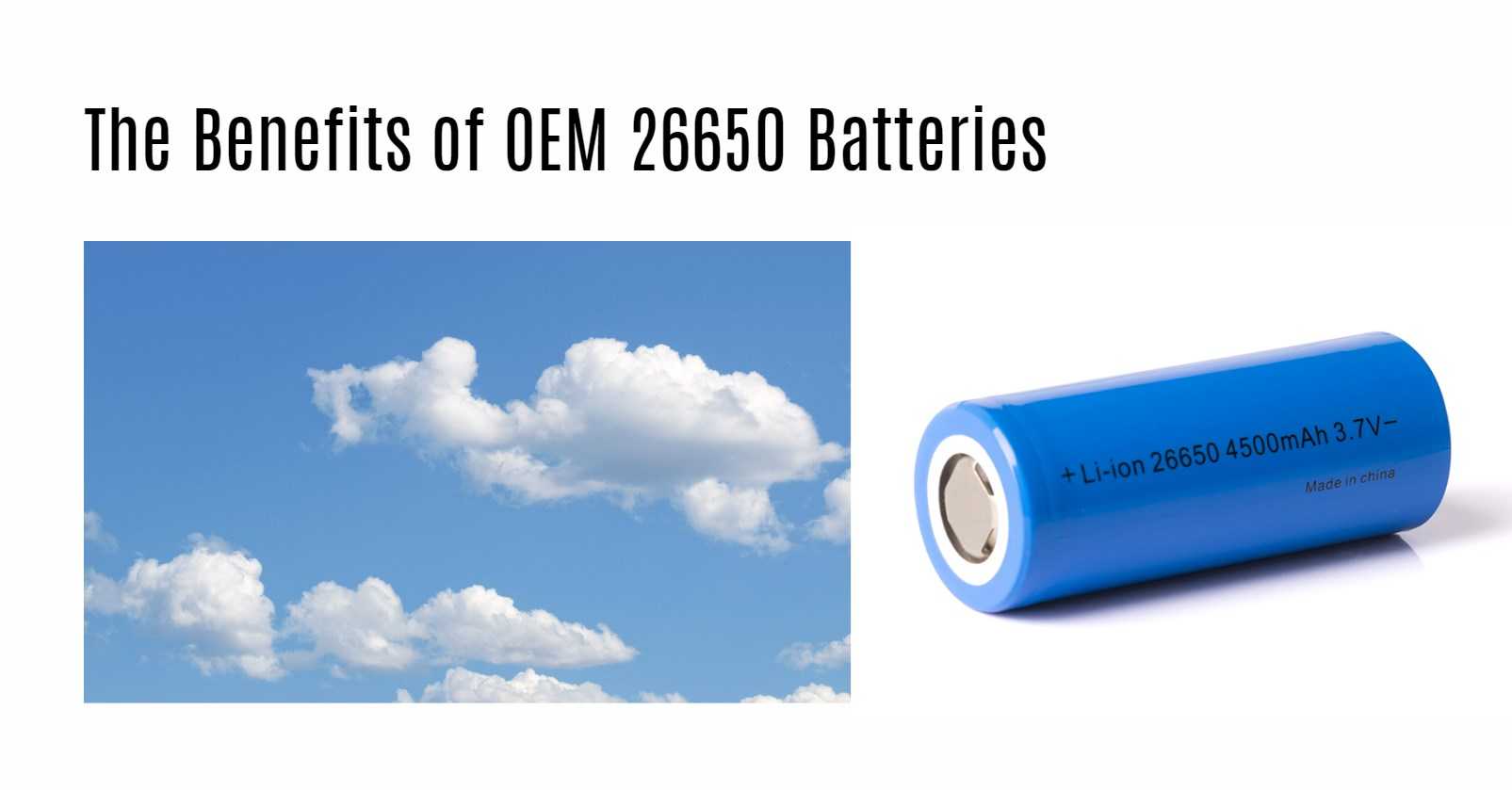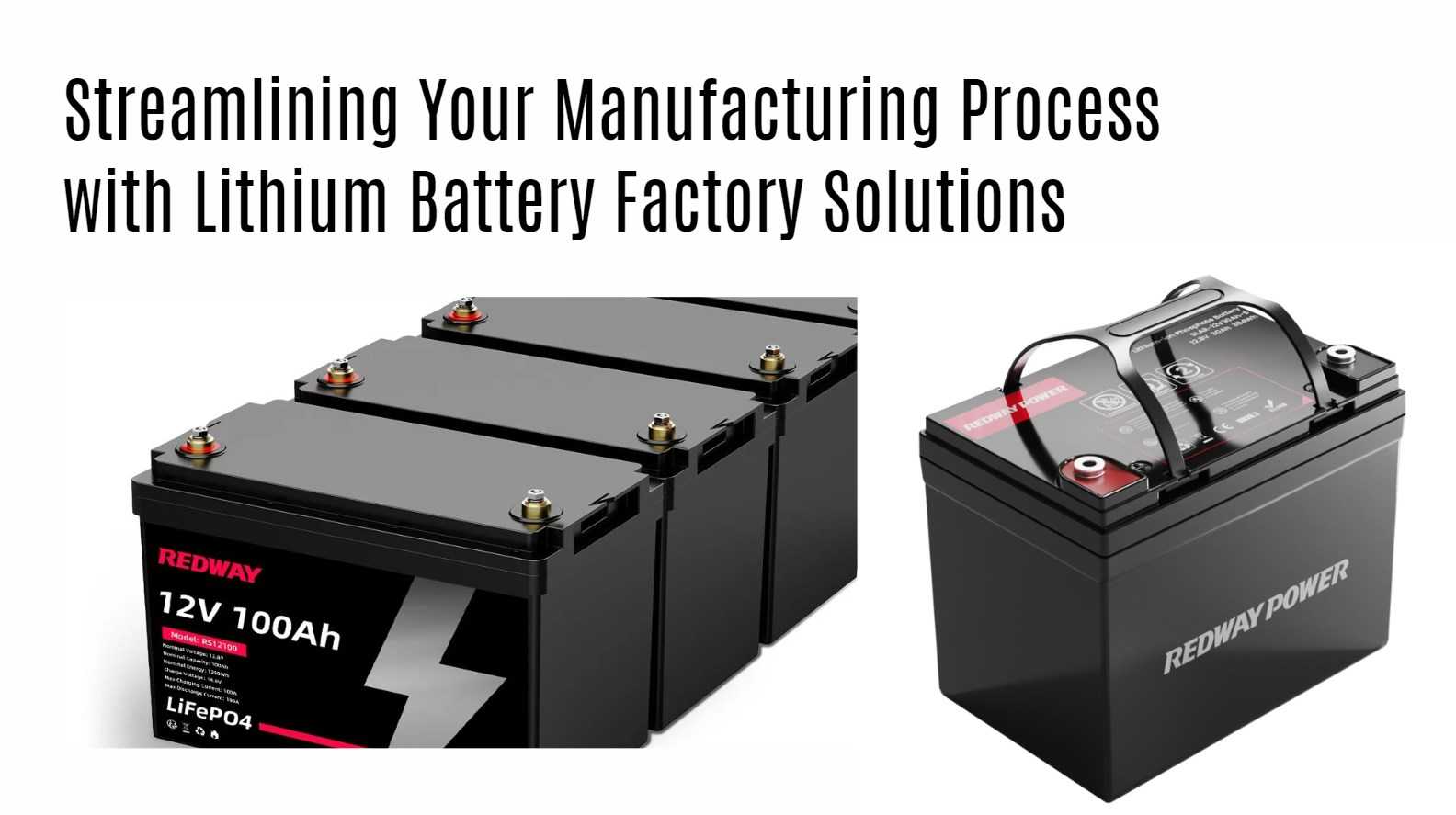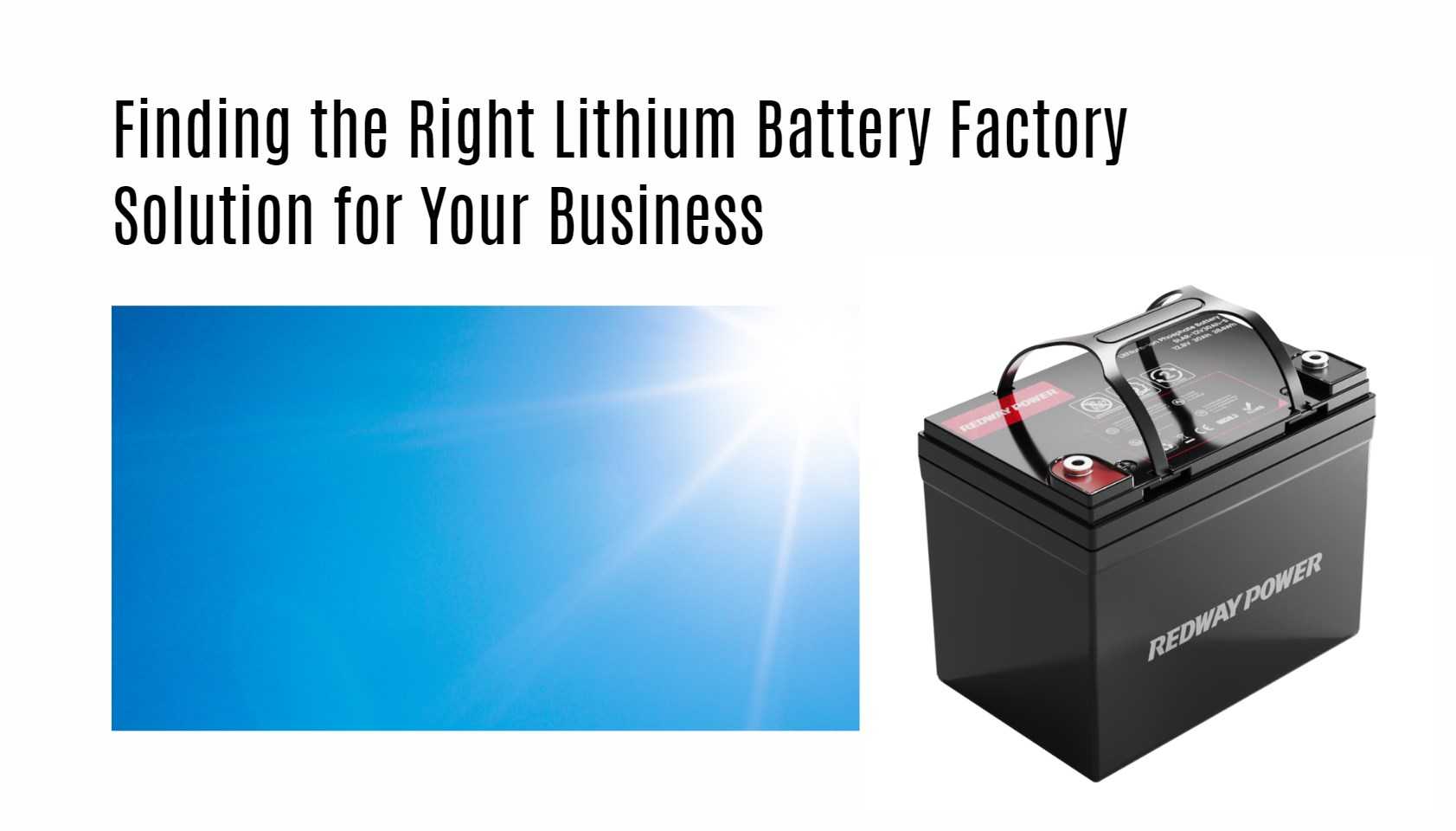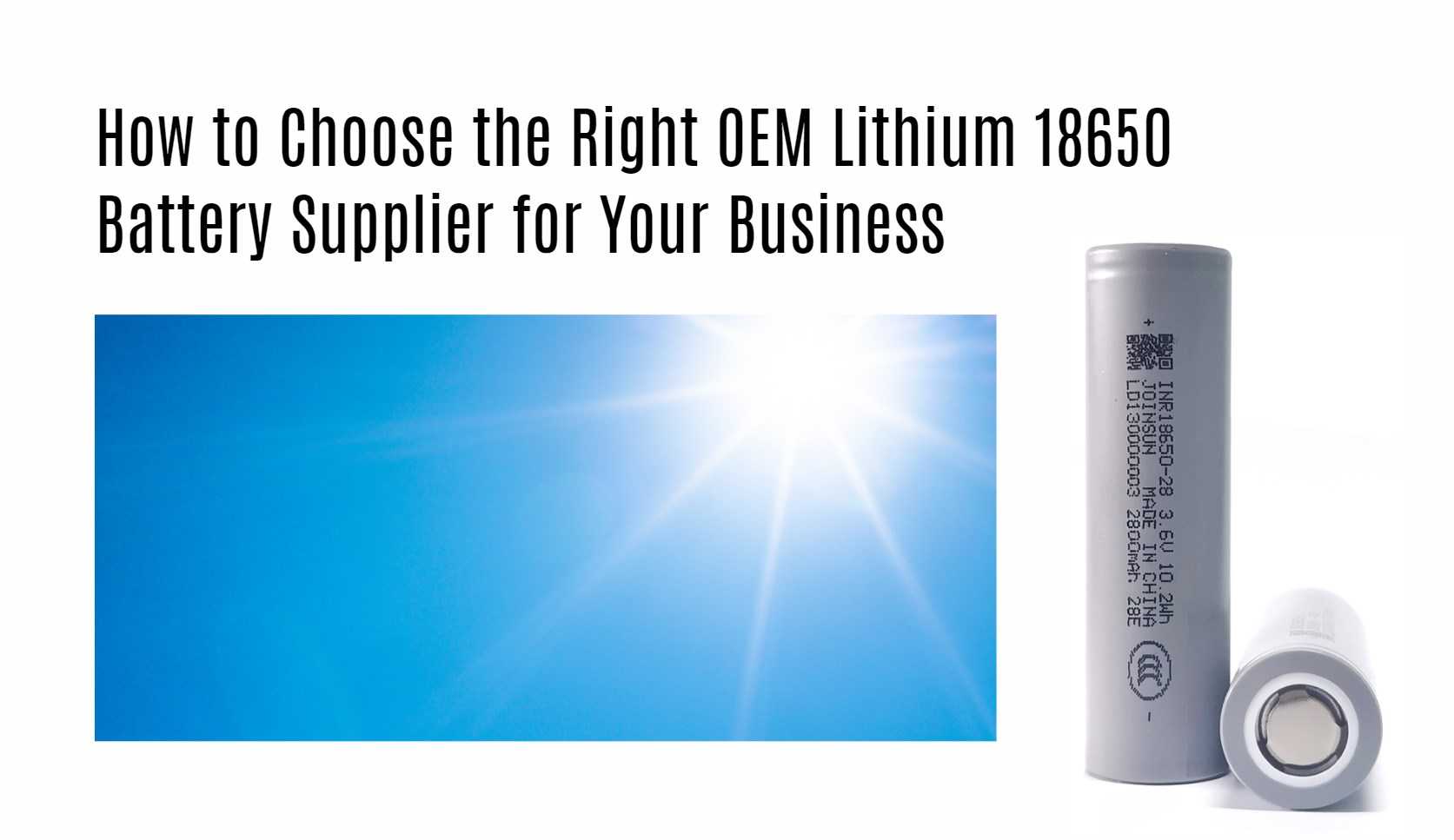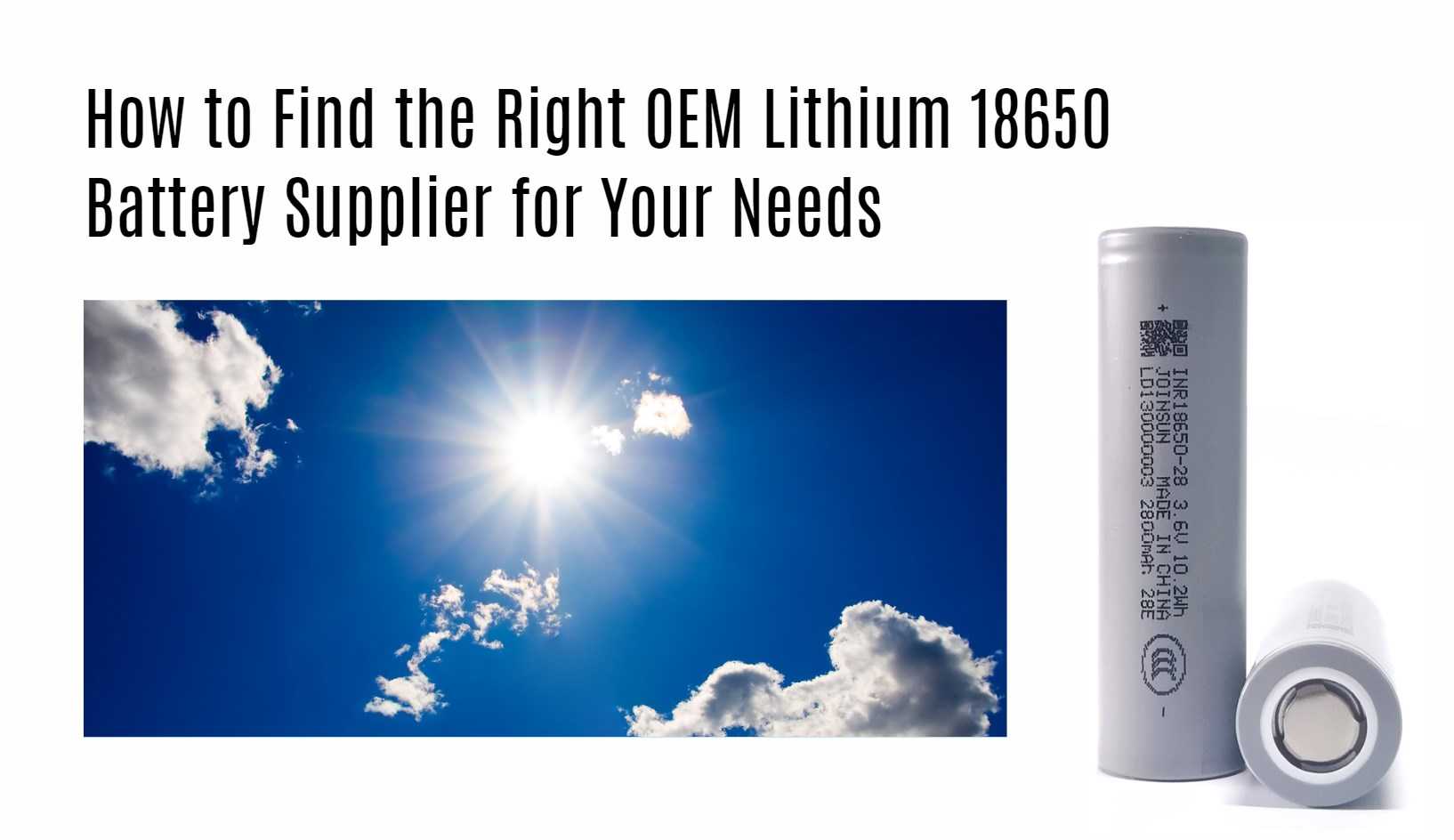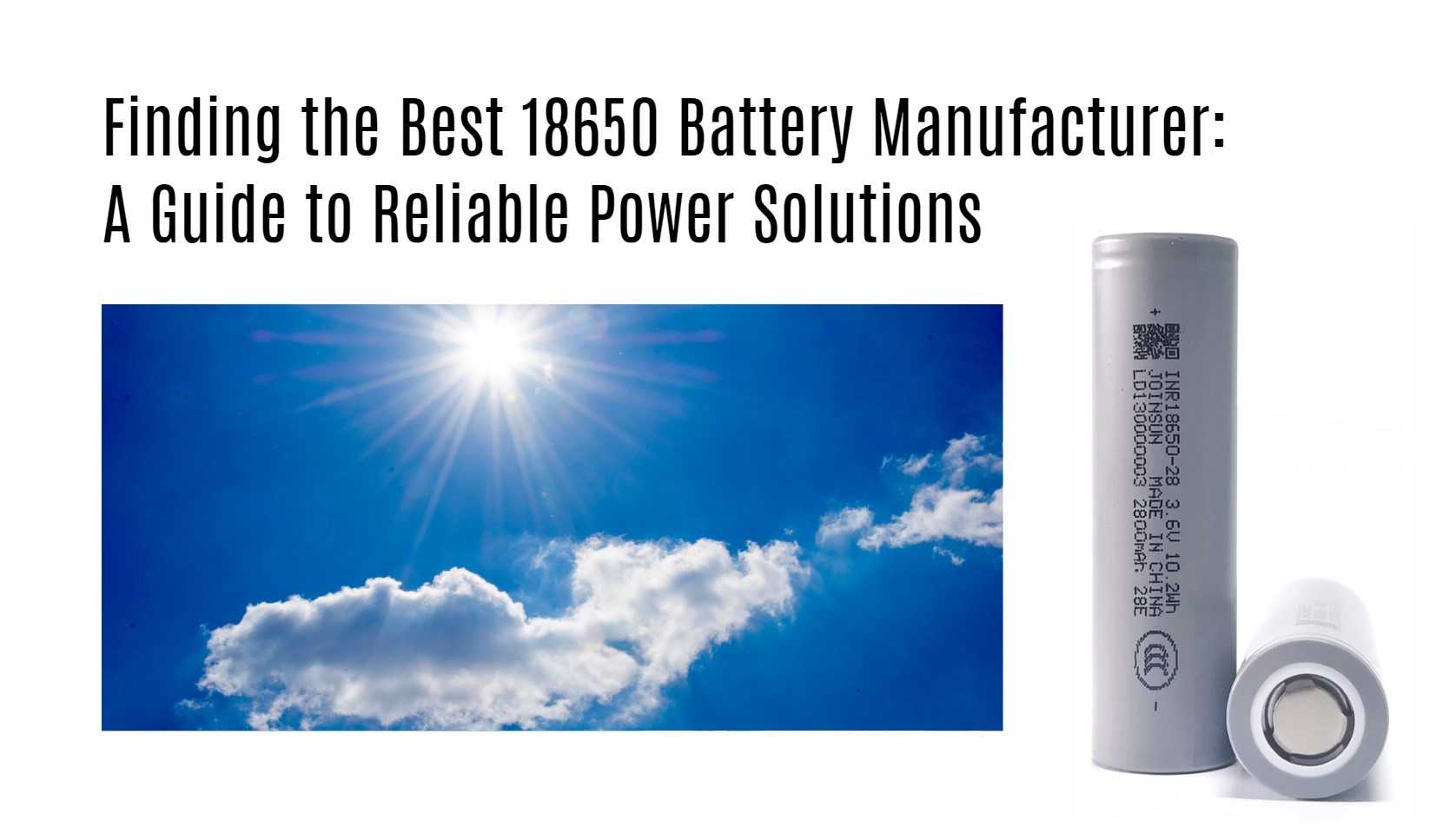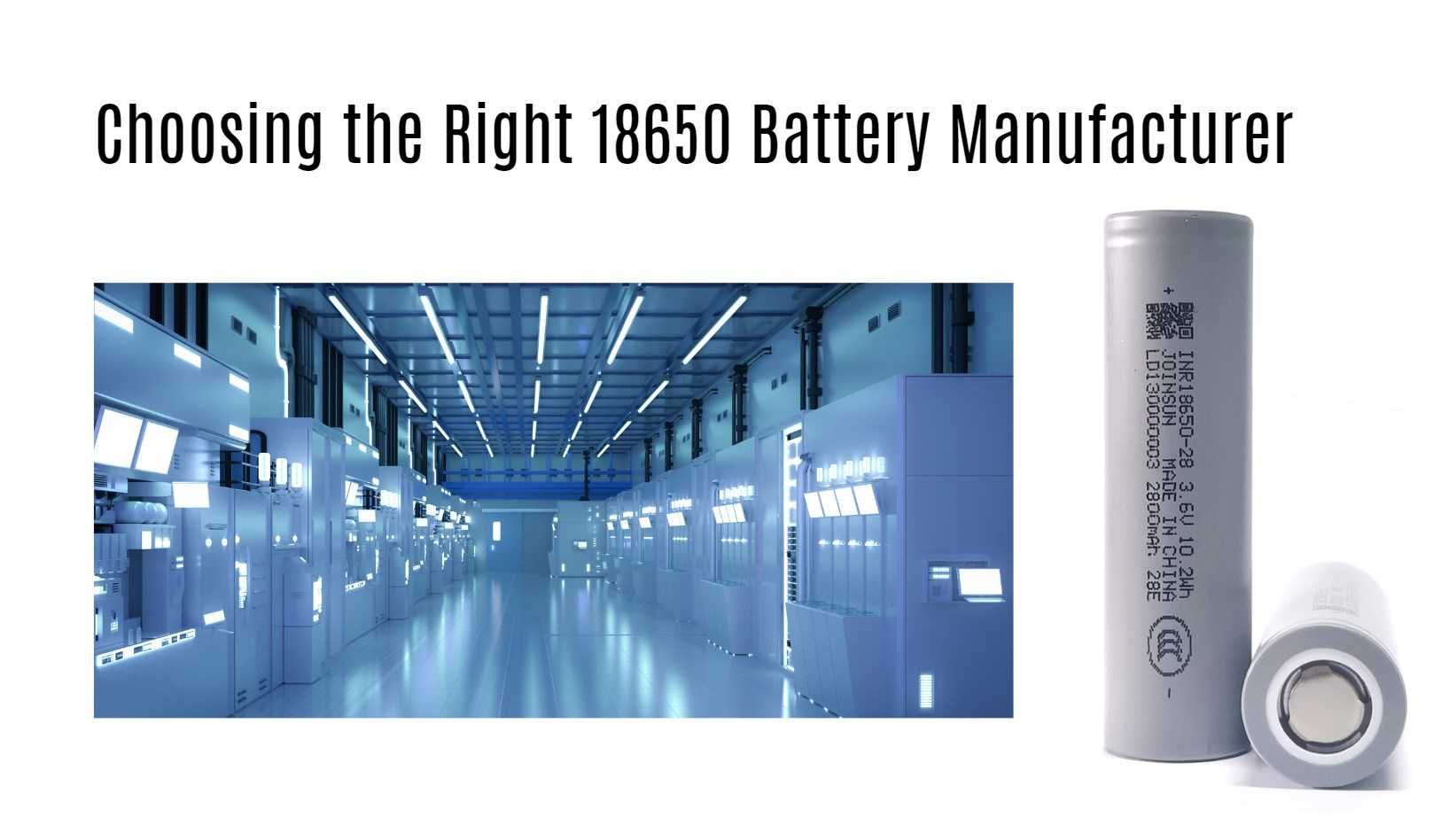Why LiFePO4 Batteries and the Redway 12V 120Ah Model are Popular in the Middle East
Known for its extreme weather conditions, the Middle East requires reliable, efficient power solutions. One of the most popular options in recent years has been the lithium iron phosphate battery, a type of lithium-ion battery that offers superior performance and durability compared to traditional lead-acid batteries. Especially the Redway 12V 120Ah LiFePO4 battery has become a hot seller in the Middle East because of its impressive features and benefits. In this blog post we take a closer look at why LiFePO4 batteries are so popular in the region and what sets the Redway 12V 120Ah model apart from the competition.
What is a lithium iron phosphate battery?
A LiFePO4 battery is a type of rechargeable lithium-ion battery that uses an iron phosphate cathode and a graphite or carbon anode. This technology has several advantages over traditional lead-acid batteries, including higher energy density, longer lifespan, and faster charging times.
One of the main benefits of LiFePO4 batteries is their safety profile. Unlike other types of lithium-ion batteries that have been known to catch fire or explode under certain conditions, LiFePO4 batteries are much more stable and less prone to thermal runaway.
Another advantage of LiFePO4 batteries is their ability to operate at a wide range of temperatures without losing performance. This makes them ideal for use in harsh environments like the Middle East where temperatures can exceed 50°C during the summer months.
LiFePO4 batteries offer superior performance compared to traditional lead-acid batteries while also being safer and more environmentally friendly. As such, they have become increasingly popular across various industries including renewable energy systems, electric vehicles, marine applications and many more.
Why are LiFePO4 Batteries Hot Sale in the Middle East?
The Middle East is a region that is heavily dependent on oil for its energy needs. However, with the increasing concern for climate change and the desire to reduce carbon emissions, more and more countries in the region are looking towards renewable energy sources such as solar power. This shift towards clean energy has led to an increased demand for efficient and reliable battery storage systems.
This is where LiFePO4 batteries come in. Compared to traditional lead-acid batteries, LiFePO4 batteries offer several advantages such as higher energy density, longer lifespan, faster charging rates and improved safety features. These benefits make them ideal for use in remote locations where grid access may be limited or unreliable.
Moreover, LiFePO4 batteries are also suitable for high-temperature environments which are common in many parts of the Middle East. They have excellent thermal stability which enables them to maintain their performance even under extreme temperature conditions.
The rising demand for renewable energy coupled with the unique properties of LiFePO4 batteries make them a hot sale item in the Middle East market today.
Features of Redway 12V 120Ah LiFePO4 Battery
The Redway 12V 120Ah LiFePO4 battery is a powerful and reliable energy storage solution that offers many features to its users. One of the most notable features of this battery is its long lifespan, which can last up to ten years or more with proper maintenance.
Another great feature of the Redway 12V 120Ah LiFePO4 battery is its lightweight design. Unlike traditional lead-acid batteries, which are heavy and difficult to transport, this LiFePO4 battery weighs only a fraction of their weight, making it easier for users to move around as needed.
In addition to being lightweight and durable, the Redway 12V 120Ah LiFePO4 battery also has excellent performance capabilities. It delivers consistent power output over time without experiencing voltage dips or fluctuations like other types of batteries do.
In addition, this lithium-ion battery operates more efficiently than traditional lead-acid batteries. It is designed with advanced technology to maximize energy transfer between batteries while minimizing heat build-up during charge and discharge cycles.
Another notable feature of the Redway 12V 120Ah LiFePO4 battery is its compact size. Its small form factor makes it ideal for a wide range of applications such as RVs, boats, solar systems, etc. where space is limited but high performance is still a must.
Application of Redway 12V 120Ah LiFePO4 Battery
The Redway 12V 120Ah LiFePO4 battery is a versatile power source that can be used in a variety of applications due to its reliability and durability. Here are some common uses for this battery:
1. Solar Power Systems – Redway 12V 120Ah LiFePO4 batteries are perfect for storing solar energy which can then be used to power your home or business.
2. Electric Vehicle – Due to its high discharge rate and long life, Redway 12V 120Ah LiFePO4 battery has become a popular choice for electric vehicle manufacturers worldwide.
3. Marine Applications – This battery works well on board as it is waterproof, shockproof and lightweight for easy portability.
4. Backup Power – The Redway 12V 120Ah LiFePO4 battery can be an excellent backup power in emergency situations like power outages or natural disasters.
5. Camping and Outdoors – The compact size and long-lasting charge make this battery ideal for camping trips or outdoor adventures where you don’t have access to reliable power.
The versatility of the Redway 12V 120Ah LiFePO4 battery makes it an indispensable tool in a variety of industries and situations where a reliable battery is essential for powering equipment that requires minimal maintenance!
Advantages of Redway 12V 120Ah Lithium Iron Phosphate Battery
Redway 12V 120Ah LiFePO4 batteries offer several advantages that make them a popular choice for many applications. One of the most notable advantages is its high energy density, which means it can store more energy in a smaller size than conventional lead-acid batteries.
Another advantage is its long life, as it lasts ten times longer than lead-acid batteries. This makes it a cost-effective option as the user does not need to replace the battery as often, saving money in the long run.
Additionally, Redway batteries are lightweight and compact, making them ideal for portable applications where space and weight are limited, such as RVs or boats. It also has a low self-discharge rate, allowing users to store equipment or vehicles for longer periods of time without worrying about losing power.
Additionally, the Redway battery has a fast charge feature that allows for fast charging with minimal heat generation. This feature not only saves time, but also extends battery life by reducing thermal stress during charge cycles.
One of the most significant advantages of using Redway 12V 120Ah LiFePO4 batteries is their environmental friendliness. Unlike conventional batteries, which contain harmful chemicals such as lead and acid, such lithium-ion batteries are safer for people and the environment because they do not emit toxic fumes when charging or discharging.
These features make Redway’s LiFePO4 batteries an excellent choice for those looking for a reliable power storage solution while being environmentally conscious.
Disadvantages of Redway 12V 120Ah LiFePO4 Battery
While the Redway 12V 120Ah LiFePO4 battery has many advantages, it also has some disadvantages to consider. One of the main disadvantages is its cost. Compared with traditional lead-acid batteries, lithium iron phosphate batteries have a higher price due to their advanced technology and construction materials.
Another disadvantage is that these batteries require specialized charging equipment and cannot be charged with conventional chargers for lead-acid batteries. This means that if you don’t have access to the correct charging device or forget to take it with you when you travel, your battery could be rendered useless.
Also, while LiFePO4 batteries last longer than traditional lead-acid batteries, they still degrade over time and eventually need to be replaced. The initial investment required to purchase these batteries can be substantial, and replacing them at the end of their life can add up quickly.
Although lithium-ion technology is generally safer than other types of rechargeable battery chemistries, such as NiCd or NiMH, because they contain fewer toxic chemicals; however, lithium-ion (Li-ion) battery chemistry has certain safety hazards, including the risk of explosion if overcharged or pierced.
While there are clear benefits to using a Redway 12V 120Ah LiFePO4 battery such as better performance and longer life; one must weigh the pros and cons before deciding whether this type of battery is best for their needs.
Conclusion
The Redway 12V 120Ah LiFePO4 battery is a reliable and efficient power source that has gained popularity in the Middle East due to its many advantages over traditional lead acid batteries. Its high energy density, long lifetime, fast charging time and low maintenance requirements make it an excellent choice for a variety of applications including marine, solar systems, electric vehicles and backup power.
Although the initial cost of lithium iron phosphate batteries may be higher than that of lead-acid batteries, their overall cost-effectiveness cannot be ignored. With proper care and maintenance, they can deliver long-term savings through reduced replacement costs and increased efficiency.
If you are looking for a high quality LiFePO4 battery for your next project or application in the Middle East, consider investing in a Redway 12V 120Ah LiFePO4 battery. With superior performance and advanced features compared to other brands on the market today at an affordable price, it’s really worth considering if you want to get more value out of your investment!


